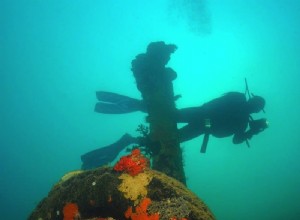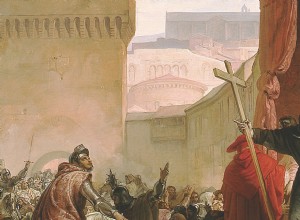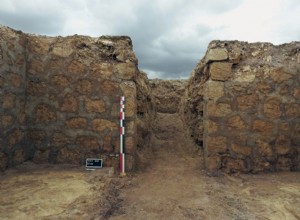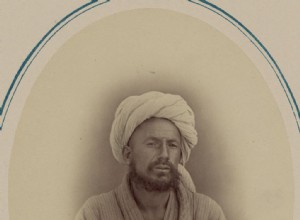The Espiritu Santo island It is the largest of all those that make up the Melanesian country of Vanuatu , northeastern Australia. All of Vanuatu is a popular destination for diving tourism, but this island also has an extra attraction, the Million Dollar Point , where submerging a few meters can rep




